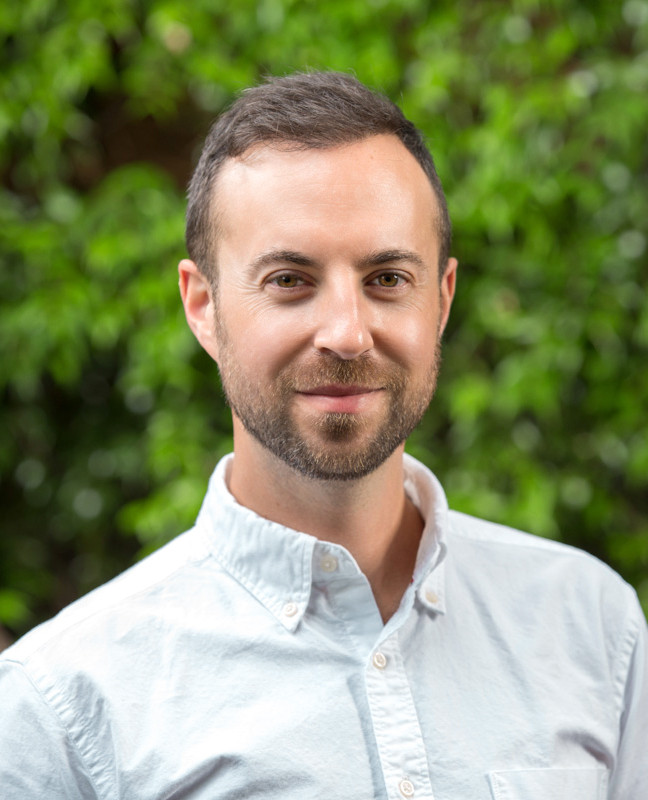
How and/or why did you become a therapist?
My decision to become a therapist was largely informed by having had my own therapy at various points in my life; I felt that I wanted to give back/pay it forward in some form. Further, if I am to be honest, my decision to become a therapist also involved internalising and accepting the Jungian concept of the wounded healer.
What are the most rewarding aspects of being a therapist?
I find witnessing my client’s ‘penny drop’ moments the most rewarding aspects of being a therapist. That is, seeing a client have a breakthrough realisation. I feel very privileged being able to share such an intimate and illuminating experience with another person.
What’s unique or special in your background or approach to interpersonal relationships?
As alluded to above, I have experienced, and worked through, a significant amount of early childhood trauma. I feel that this facilitates/allows a natural empathy and vulnerability. These emotional qualities allow me to sit with another person who may be in pain without having to explicitly say, “I understand how you feel”.
What are your favourite or most interesting interpersonal relationship tips/advice?
My favourite interpersonal relationship tip is a therapeutic technique that I ‘borrowed’ from colleague who ‘appropriated’ it from a rehab clinic: the three-sentence technique. It is a method of deescalating arguments through reality checking and emotional vulnerability. In essence, the technique goes a little like this: “when I notice…”, “I make up…”, and I feel…”
What are some things about therapy that you want to increase public awareness about?
I feel that in Australia, there is an inherent culture of ‘machoness’. That is, a strong Aussie bloke isn’t free to share their struggles with mental illness. I like to talk and share about the prevalence of anxiety (and depression) in Australian society. I feel it is essential to talk about, and make clear, that there is no shame or weakness in males experiencing anxiety.
What are some of the biggest mistakes a therapist or patient can make?
One of the biggest mistake a therapist or a client can make is being inauthentic. That is, pretending like you have all the answers. We all struggle to some extent with ‘stuff’. To be open, share and be vulnerable is, to my mind, a true strength.
Bio
Paul Jozsef Counselling & Psychotherapy provides psychology services for adults, adolescents and couples seeking therapy in Westmount, Quebec.
For further information, please visit: http://pauljozsef.ca